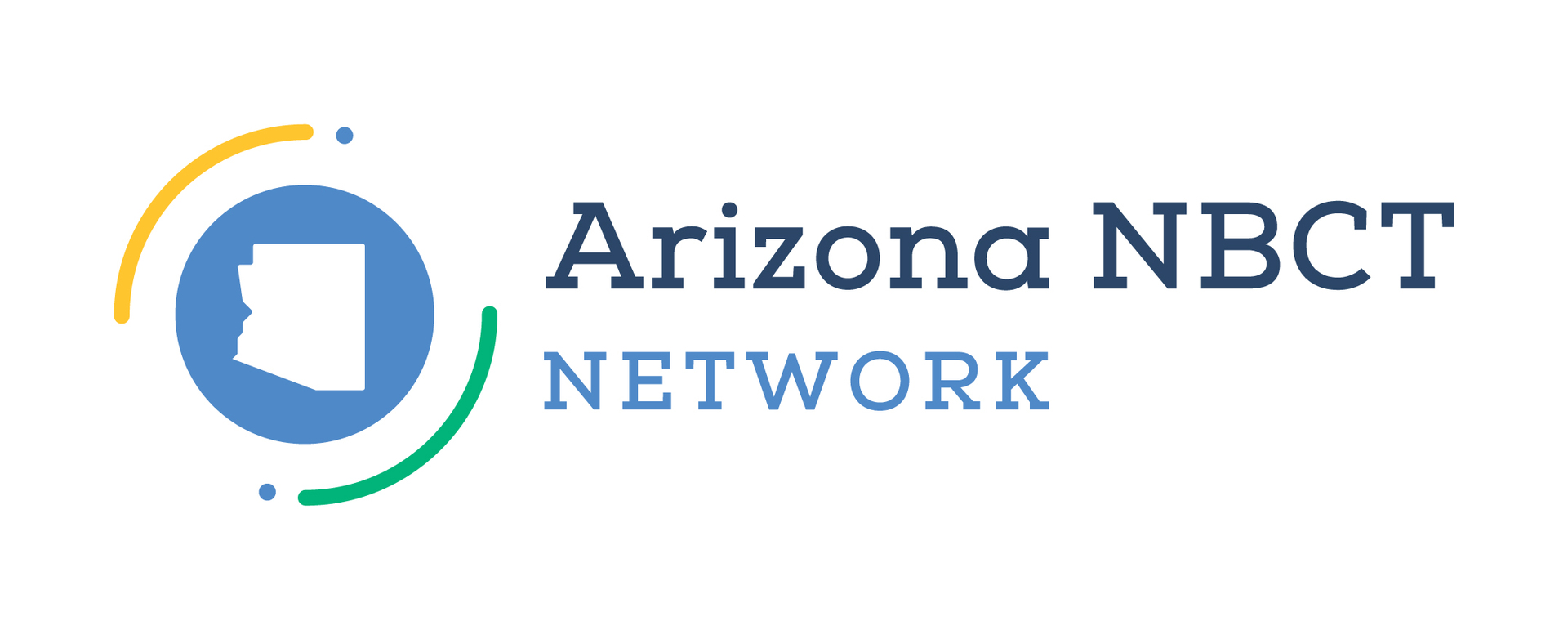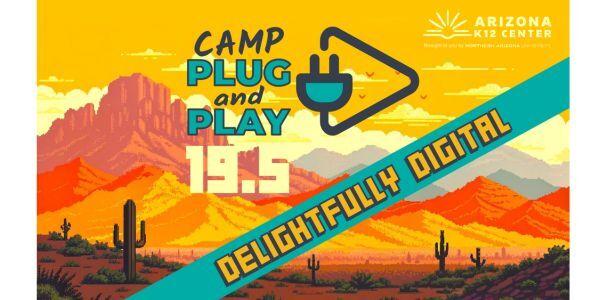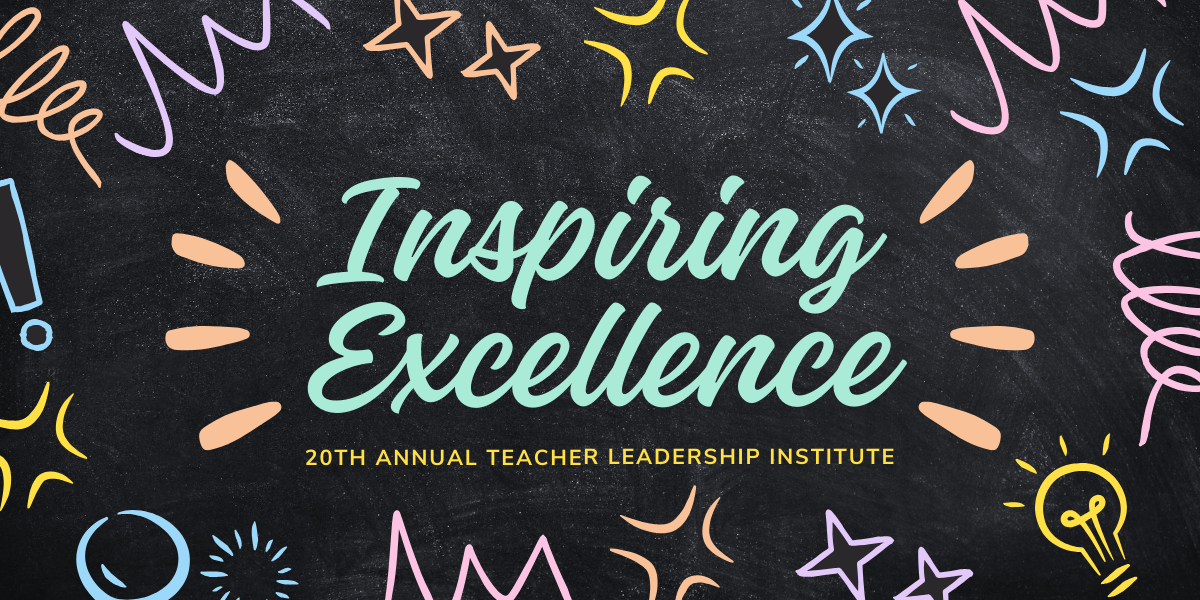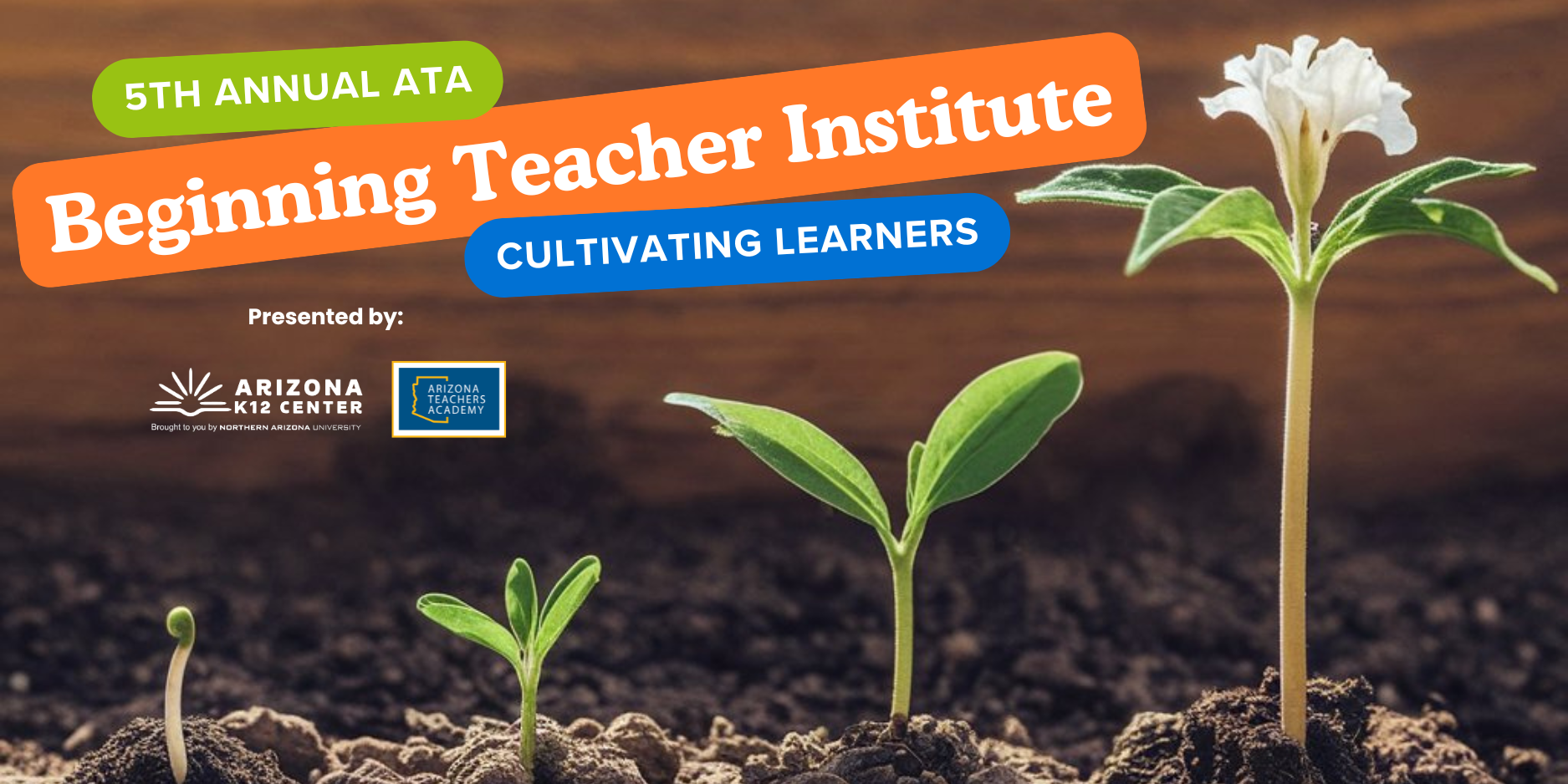Camp Plug and Play 18.0: The Creative Technology Camp for Teachers
You’ll leave Camp Plug and Play 18.0: The Creative Technology Camp for Teachers energized to confidently add your new tech skills to your teaching toolbox. Enjoy four days in Tucson with other Arizona educators who, like you, are passionate about teaching and excited to expand their learning.
About the Week:
Along with an opening keynote session, social times with other campers, and optional evening sessions, you'll be immersed in one topic strand for four days. Each strand is taught by knowledgeable and patient facilitators who have a strong passion for empowering teachers and students with technology.
Registration includes:
- your own room Sunday to Wednesday
- delicious breakfasts, lunches, and catered breaks
- practical instruction and plenty of hands-on time so that you leave with new knowledge, skills, and confidence to use what you’ve learned in your classroom
You are encouraged to bring your own MacBook, Windows laptop, or Chromebook. If you’ve got an iPad, bring that too. If you don’t bring your own technology, the Arizona K12 Center can loan you a MacBook to use during the day.
About the Keynote:
The week kicks off with an inspiring keynote presentation by Angela Maiers. Angela founded Choose2Matter to bring the world hope by helping every individual embrace their value and potential contribution. Angela earned a B.S. in education with a minor in neuroscience and master’s degrees in literacy and education leadership. Her message of mattering sets the stage for the four days of learning and connecting with fellow campers.
About the Strands:
Please read the descriptions and objectives for each of the five strands carefully. Camp Plug and Play is your chance to deeply explore a specific topic with outstanding facilitators and a small group of educators.
Please watch for an email from the Arizona K12 Center in the weeks leading up to Camp Plug and Play for important information and meeting links.
Additional Information
Registration includes your own hotel room Sunday, June 4, 2023 through Wednesday, June 7, 2023.
* Sunday, June 4, 2023: Afternoon snack
* Monday, June 5, 2023: Breakfast, Lunch, Afternoon snack
* Tuesday, June 6, 2023: Breakfast, Lunch, Afternoon snack
* Wednesday, June 7, 2023: Breakfast, Lunch, Afternoon snack
Event Location
Event Time
Jun 04, 2023, 12:45 pm - 05:00 pm
Jun 05, 2023, 08:30 am - 04:00 pm
Jun 06, 2023, 08:30 am - 04:00 pm
Jun 07, 2023, 08:30 am - 04:00 pm
Check-in Time
Jun 04, 2023 at 12:45 pm
Venue
Registration Fee
$ 525.00
Registration Deadline
May 02, 2023











